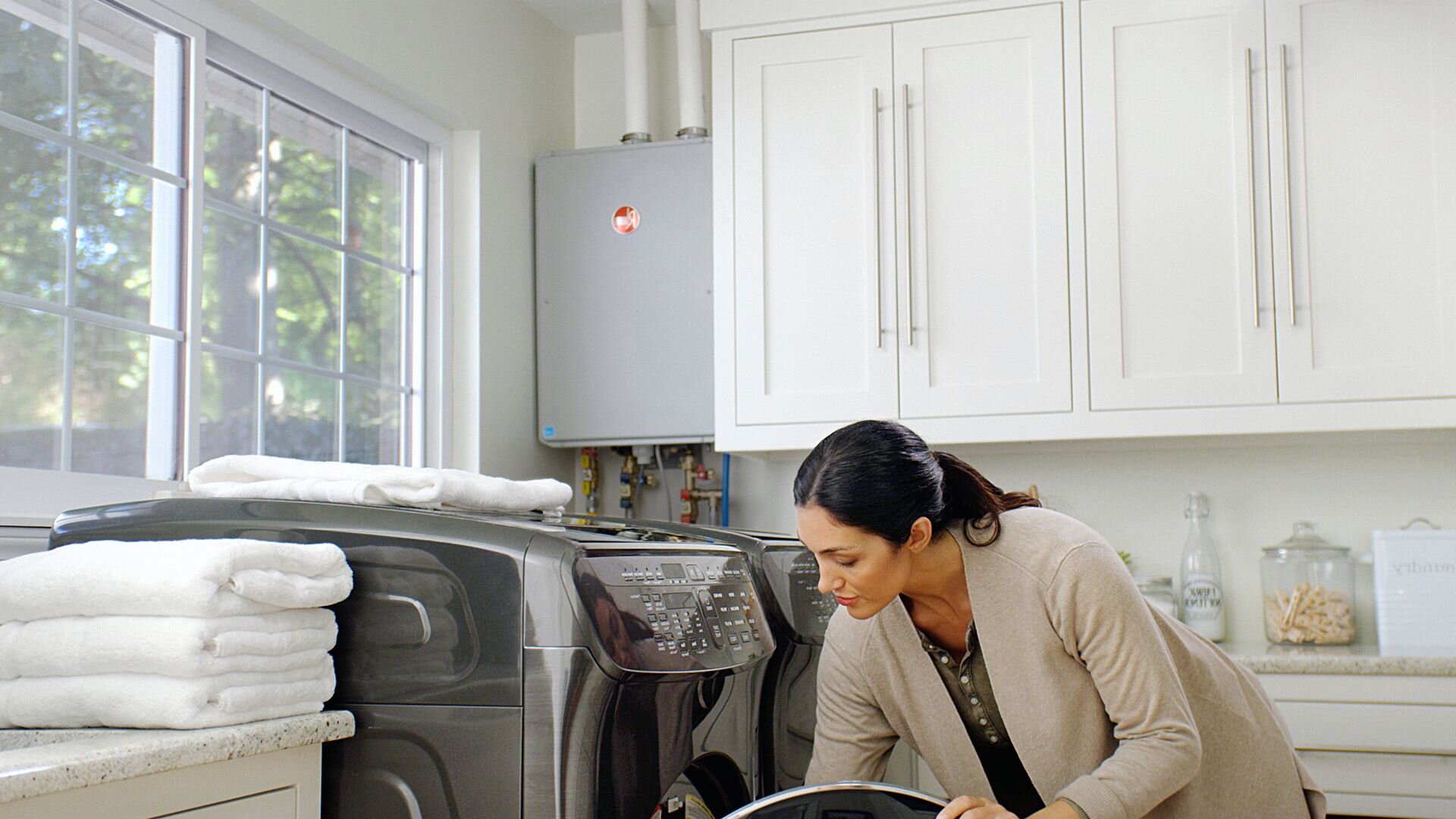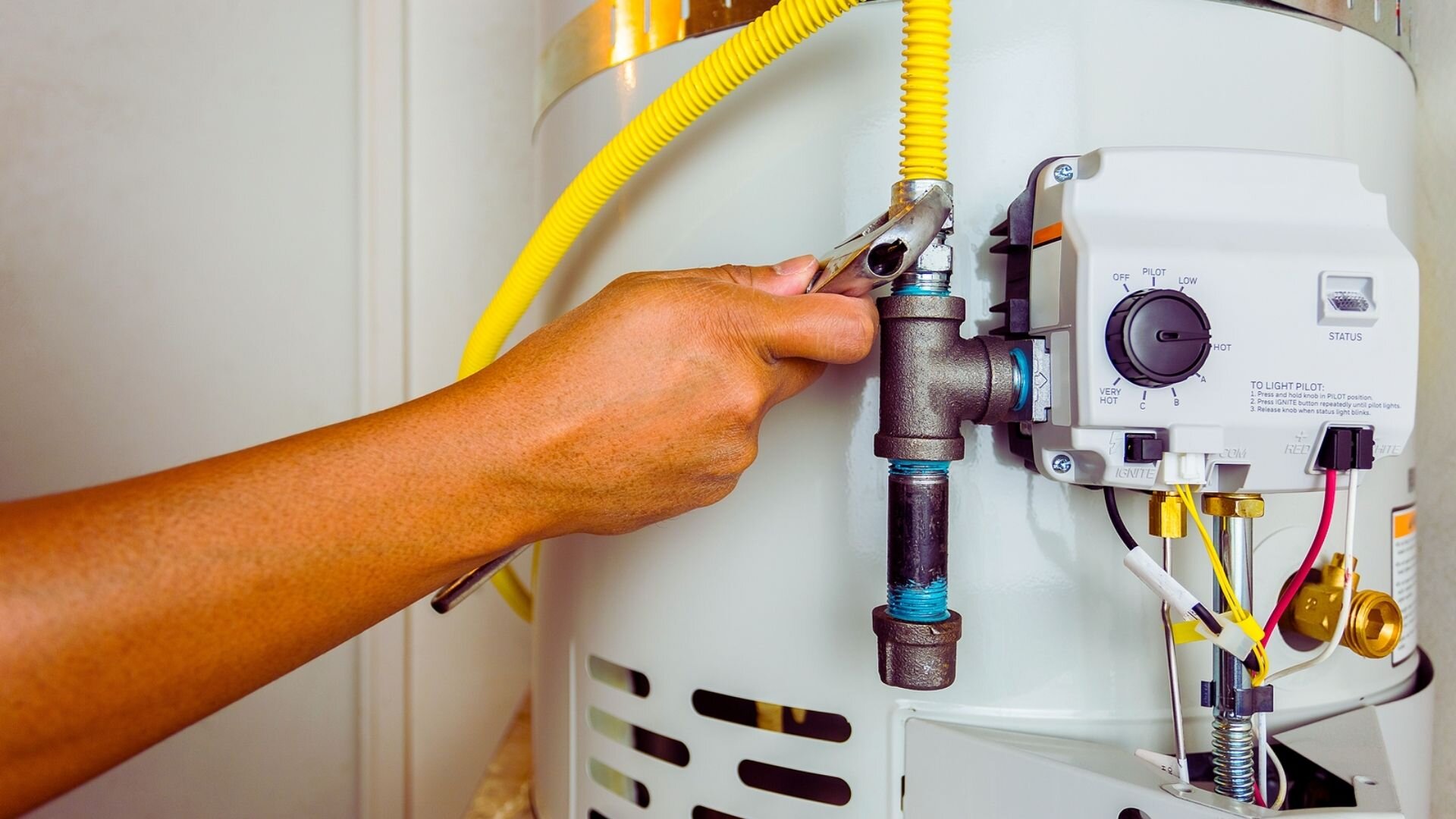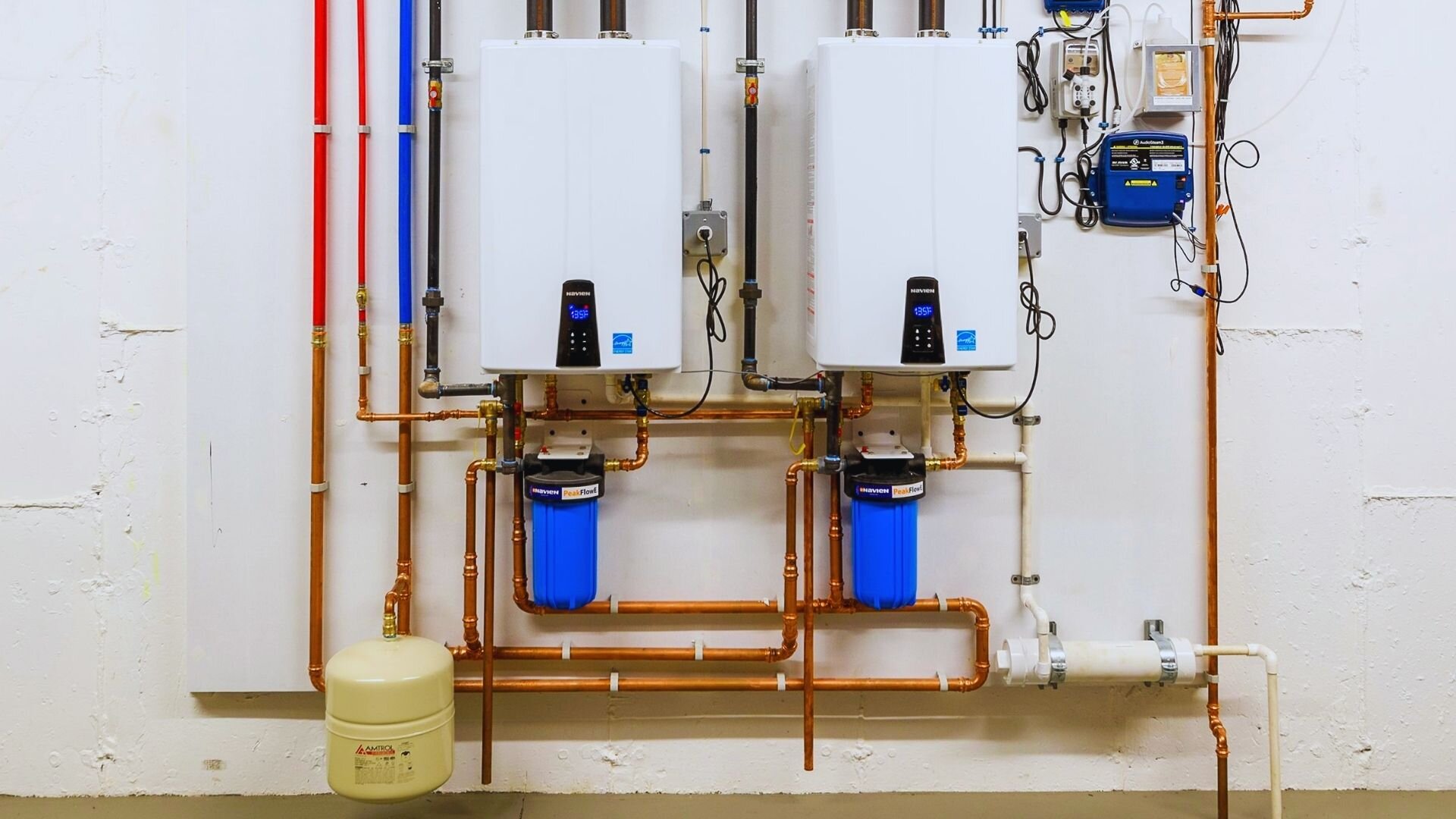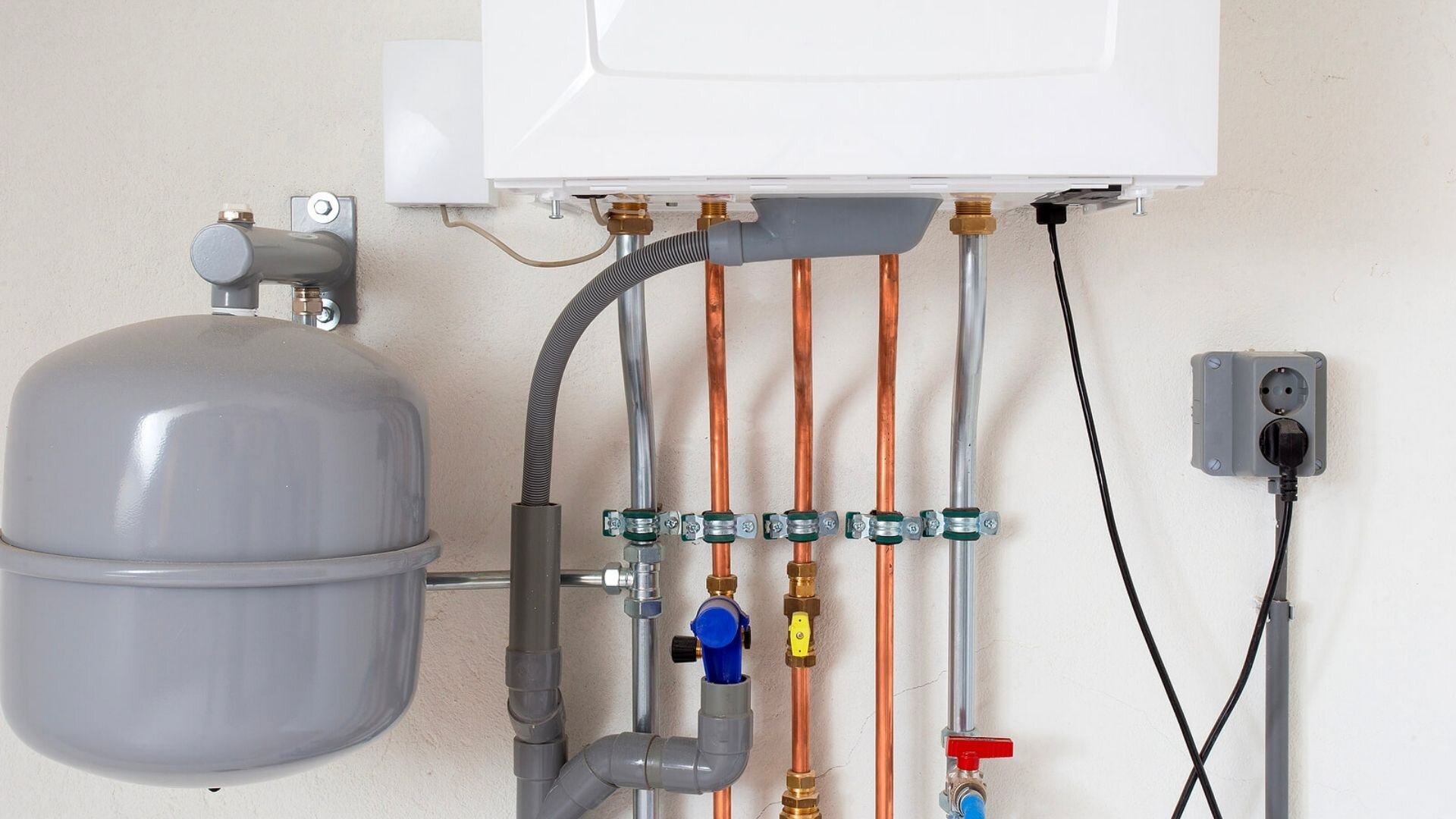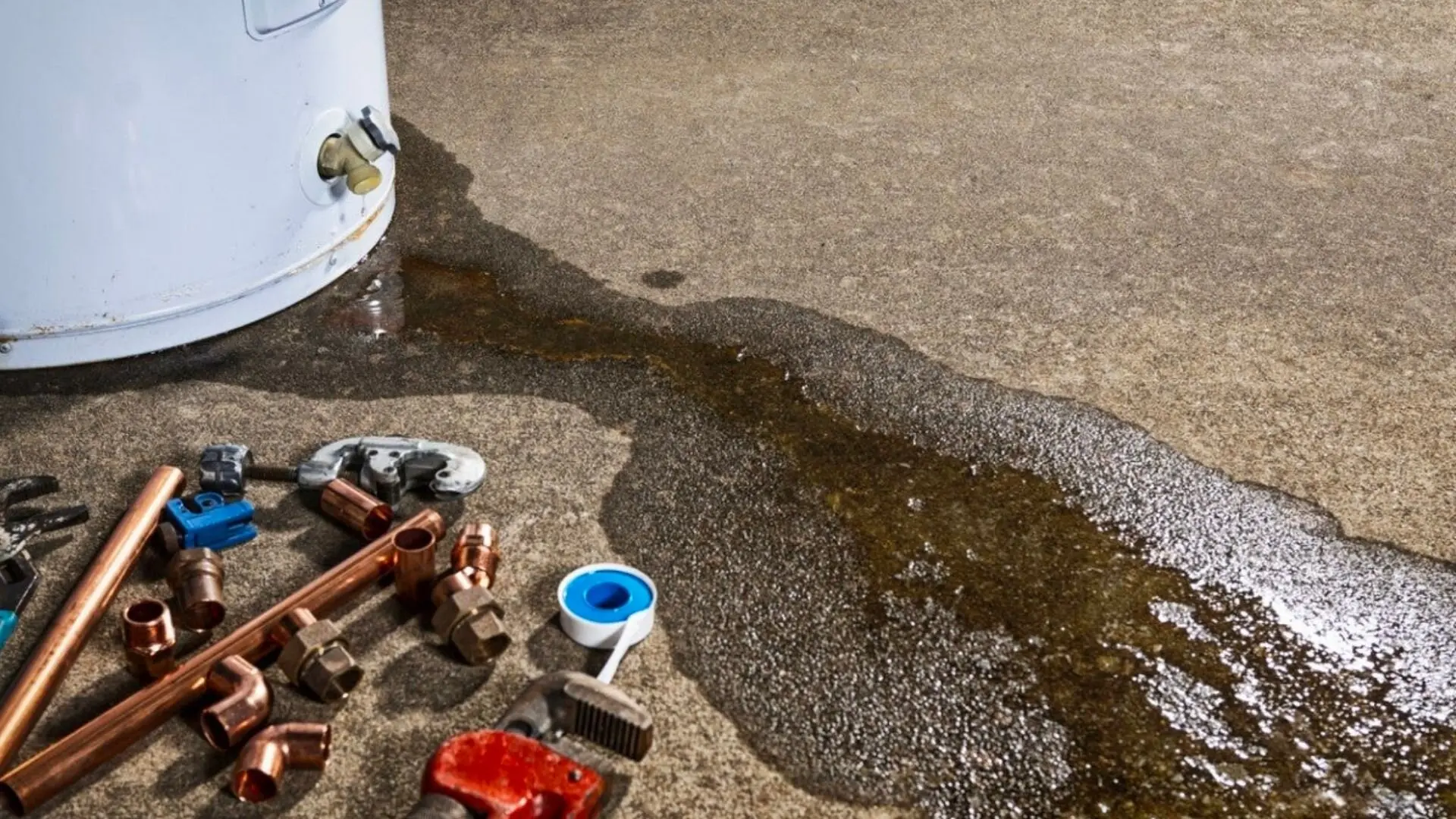
Whether you’re a homeowner, a renter, or simply someone curious about the inner workings of your plumbing, understanding the dynamics of hot water system leaks is crucial. In this blog, we’ll unravel the mysteries surrounding these leaks, shedding light on why they occur, how to identify them, and, most importantly, how to prevent or address them effectively.
So, if you’ve ever wondered whether your hot water system is meant to leak or if there’s more to the story, read on as we explore this essential topic.
Why Do Hot Water Systems Leak?
Hot water systems are essential for providing us with the comfort of hot showers, clean dishes, and warm living spaces. However, they can occasionally develop leaks, causing inconvenience and potential damage. Understanding why hot water systems leak is crucial for prevention and timely maintenance.
Age and Wear
Natural ageing is one of the most common reasons for hot water system leaks. Over time, the materials that make up the system, such as pipes and tanks, can deteriorate. This wear and tear weaken the system’s integrity, making it more prone to leaks.
Corrosion
Corrosion is another significant factor leading to leaks. Hot water tanks are usually made of metal; when water and oxygen react with the metal, it can corrode. This corrosion weakens the tank’s structure, eventually causing leaks.
High Water Pressure
Excessively high water pressure can stress the hot water system’s components, leading to leaks. Pressure regulators can help mitigate this issue by maintaining a safe and consistent water pressure.
Sediment Buildup
Over time, minerals and sediment can accumulate at the bottom of the hot water tank. This buildup can create hot spots, causing the tank’s metal to overheat and weaken. Leaks can then occur as a result.
Faulty Valves and Seals
The valves and seals in a hot water system play a critical role in controlling water flow. If these components become worn or damaged, they can no longer seal properly, allowing water to escape.
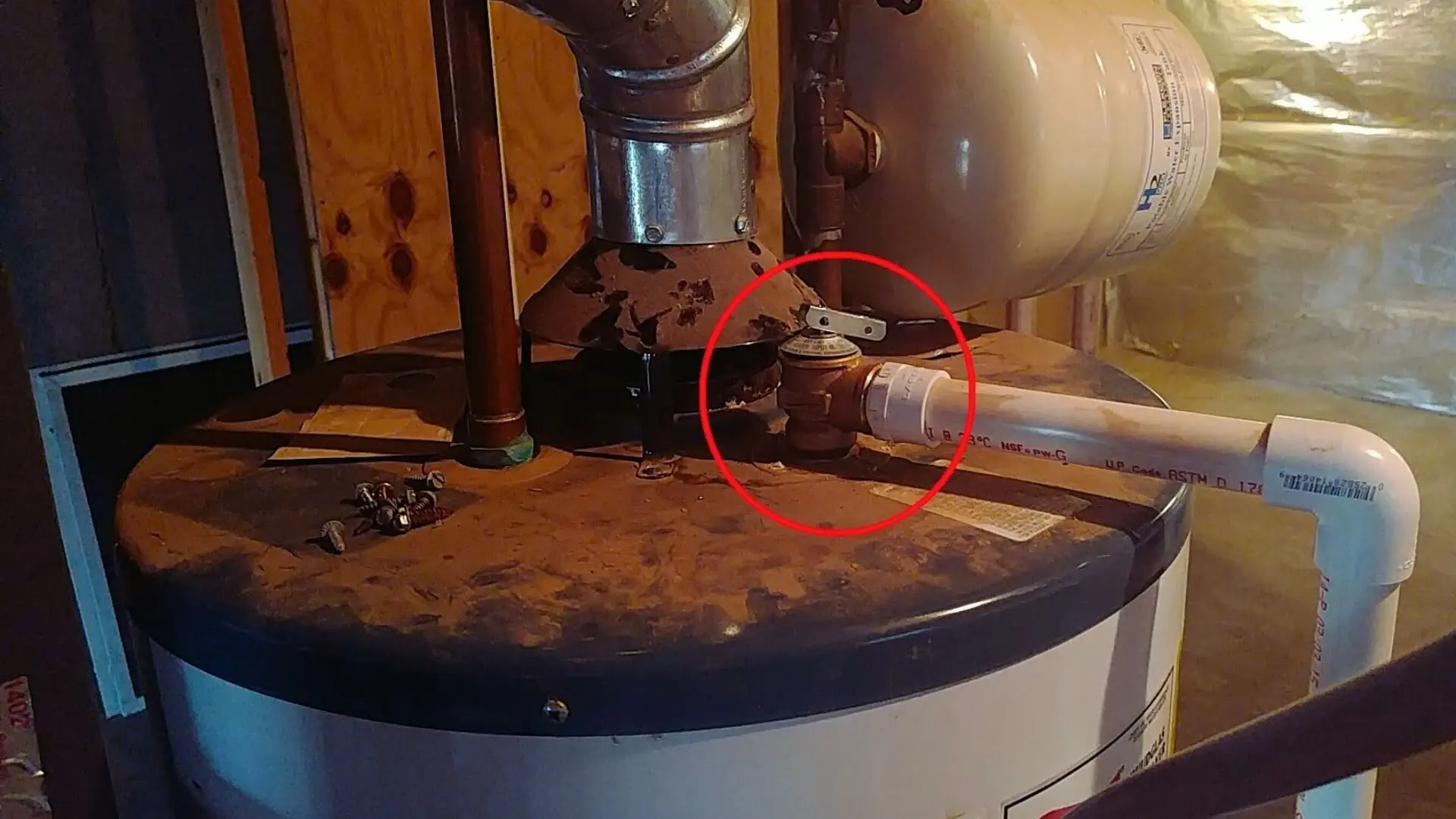
Improper Installation
When a hot water system isn’t installed right, leaks are more likely down the track. That’s why it’s essential to hire a seasoned plumber, ensuring the setup is spot-on and complies with local building standards.
Temperature Fluctuations
Rapid temperature changes, such as those caused by a malfunctioning thermostat, can stress the tank and its components. This stress can lead to cracks and leaks.
External Damage
Physical damage from accidents or impacts can compromise the integrity of a hot water system, resulting in leaks. Ensure the system is located in a safe, protected area to minimise the risk of external damage.
Neglected Maintenance
Regular upkeep is crucial to avoiding leaks. Skipping tasks like flushing the tank to clear out sediment or checking for corrosion signs can make problems worse over time.
Quality of Materials
The materials used in your hot water system really matter. Choosing high-quality parts can make your system last longer and reduce the chances of those pesky leaks.
Preventing Hot Water System Leaks
Regular maintenance and inspections must be performed to prevent leaks and prolong the life of your hot water system. Schedule annual check-ups with a qualified plumber to identify potential issues before they turn into leaks. They can check for signs of wear, corrosion, faulty parts, and other problems.
You also need to monitor and control temperature and pressure. Install a properly functioning temperature and pressure relief valve and test it periodically. Regulate water pressure with a pressure regulator if needed. Sediment build-up can cause overheating and leaks, so flush the tank annually. Proper installation is key as well - hire an experienced professional to ensure all components are fitted and sealed correctly.
To fend off corrosion, consider installing a sacrificial anode rod. Insulating pipes can help minimise temperature swings too. Set up regular checks for loose fittings, damaged seals, corrosion, or changes in water quality. If leaks persist, it might be time to consider a more efficient system.
Should your hot water system or gas heater start leaking, tackle it straight away. A faulty pressure relief valve or a leaky tank can cause significant water damage if neglected. Monitoring these components is key to keeping everything running smoothly.
The bottom line is that with routine inspections, preventative maintenance, pressure and temperature control, and staying on top of repairs, you can keep your hot water system running efficiently and leak-free for years to come. A bit of diligence goes a long way in avoiding water damage and costly emergency repairs down the road.
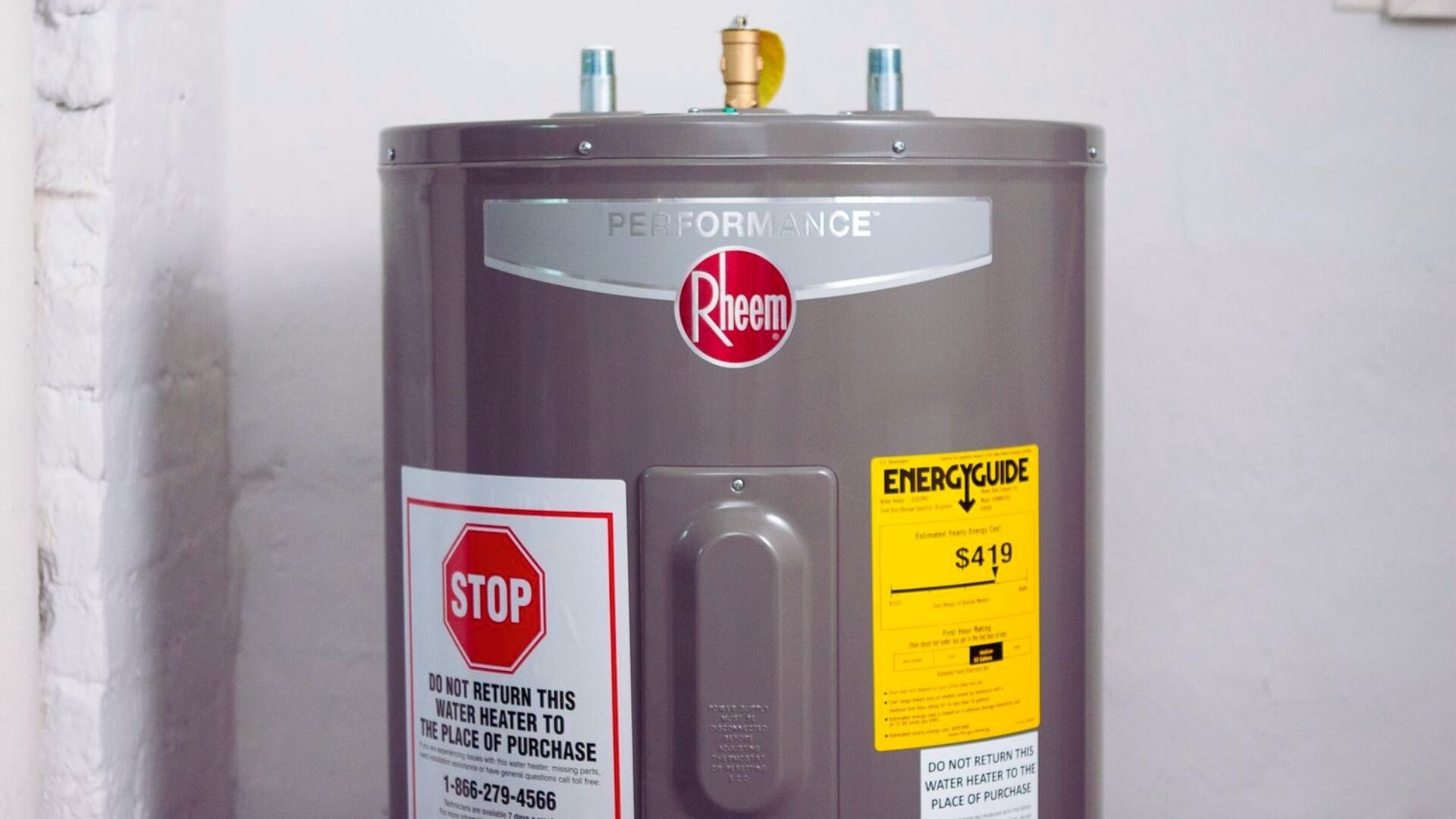
Steps to Handle Hot Water System Leaks
Handling hot water system leaks promptly is crucial to prevent water damage and further issues. Here are the steps to take if you discover a leak in your hot water system:
Turn Off the Power
Safety should be your first concern. If you have an electric hot water heater, switch off the power at the circuit breaker. For gas heaters, turn off the gas supply.
Shut Off the Water
Locate the cold water supply valve leading to the hot water heater and turn it off. This will stop the flow of water into the leaking tank.
Drain the Tank
Connect a garden hose to the drain valve at the bottom of the hot water tank. Direct the other end of the hose to a safe drainage area, like a floor drain or outside. Open the valve to drain any remaining water from the tank. Be cautious, as the water may be hot.
Identify the Source
Determine the source of the leak. It could be from the pressure relief valve, a valve connection, a fitting, or the tank itself. Understanding the source helps you decide on the appropriate next steps.
Repair or Replace
If the leak is coming from a valve or fitting, you may be able to tighten it or replace a faulty part. If the tank itself is leaking, it’s usually not repairable and will require replacement.
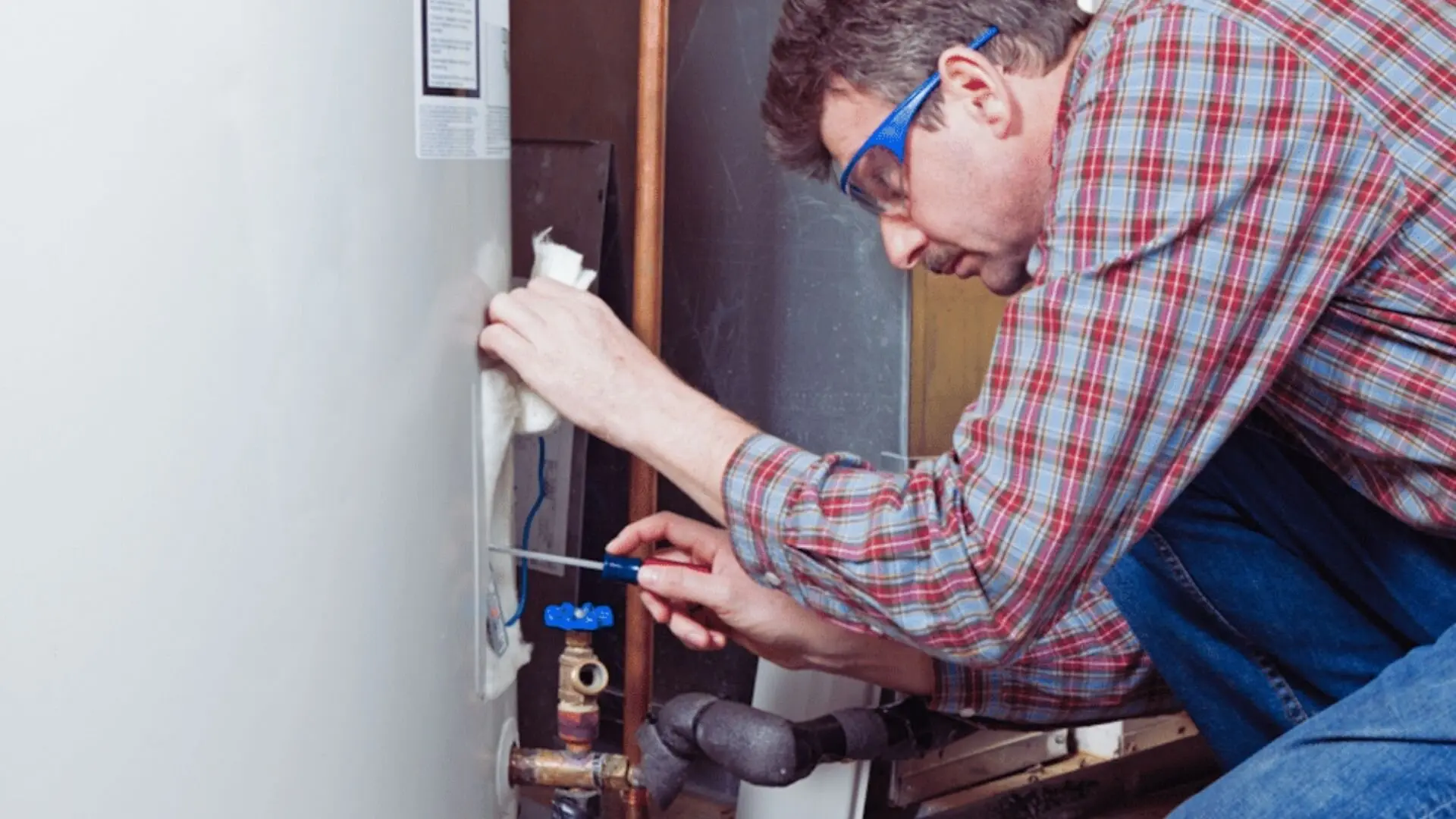
Consult a Professional
If you’re unsure about the cause of the leak or if it’s a complex issue, it’s best to contact a licensed plumber. They can diagnose the problem accurately and recommend the necessary repairs or replacements.
Pressure Relief Valve
If the pressure relief valve is leaking, it may need replacement. This valve is a safety feature, and a faulty one can be dangerous. Consult a professional for this task.
Inspect for Water Damage
Check the surrounding area for water damage, especially if the leak has been ongoing. Mould and structural damage can result from prolonged exposure to water.
Consider Upgrading
If your hot water system is old and prone to leaks, consider replacing it with a more energy-efficient and reliable model. Consult with a plumber to explore your options.
Turn Everything Back On
After fixing the leak or swapping out the system, switch the water supply back on and reconnect power or gas to your hot water heater. Keep an eye on it to catch any new problems early.
Deciphering Hot Water System Leaks
Don’t brush off hot water system leaks. They can cause big problems, from water damage to higher energy costs. By getting a handle on why leaks happen and how to tackle them, you’ll save yourself precious time and money.
If you are dealing with a hot water system leak or require professional assistance with plumbing concerns, look no further than Fixed Today. Our team of experienced experts is here to provide prompt and reliable solutions, ensuring your hot water system runs efficiently and leak-free.
Don’t let leaks disrupt your comfort and peace of mind. Contact Fixed Today for expert plumbing services and enjoy the benefits of a smoothly functioning hot water system. Your satisfaction and peace of mind are our top priorities.

